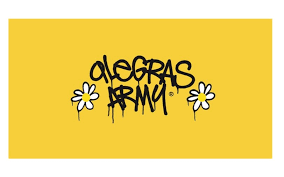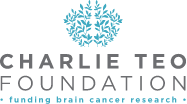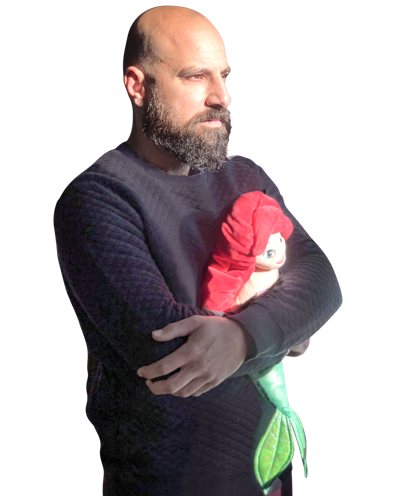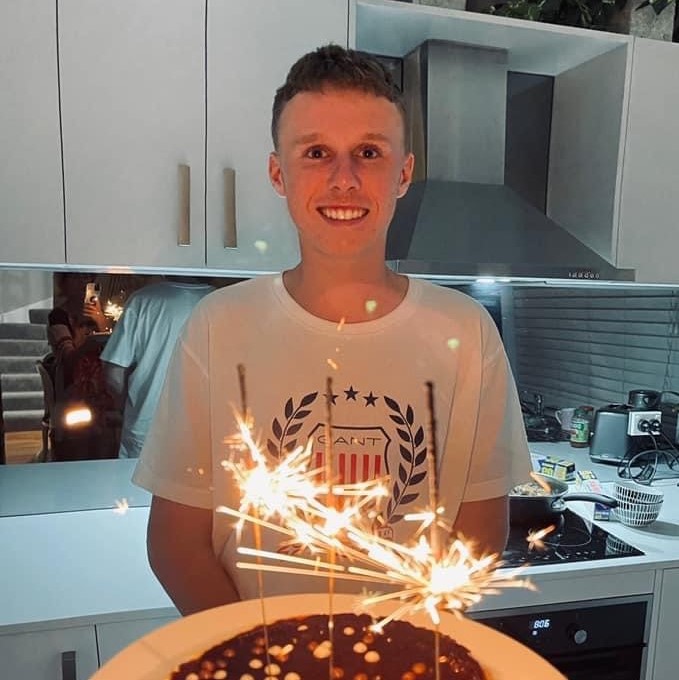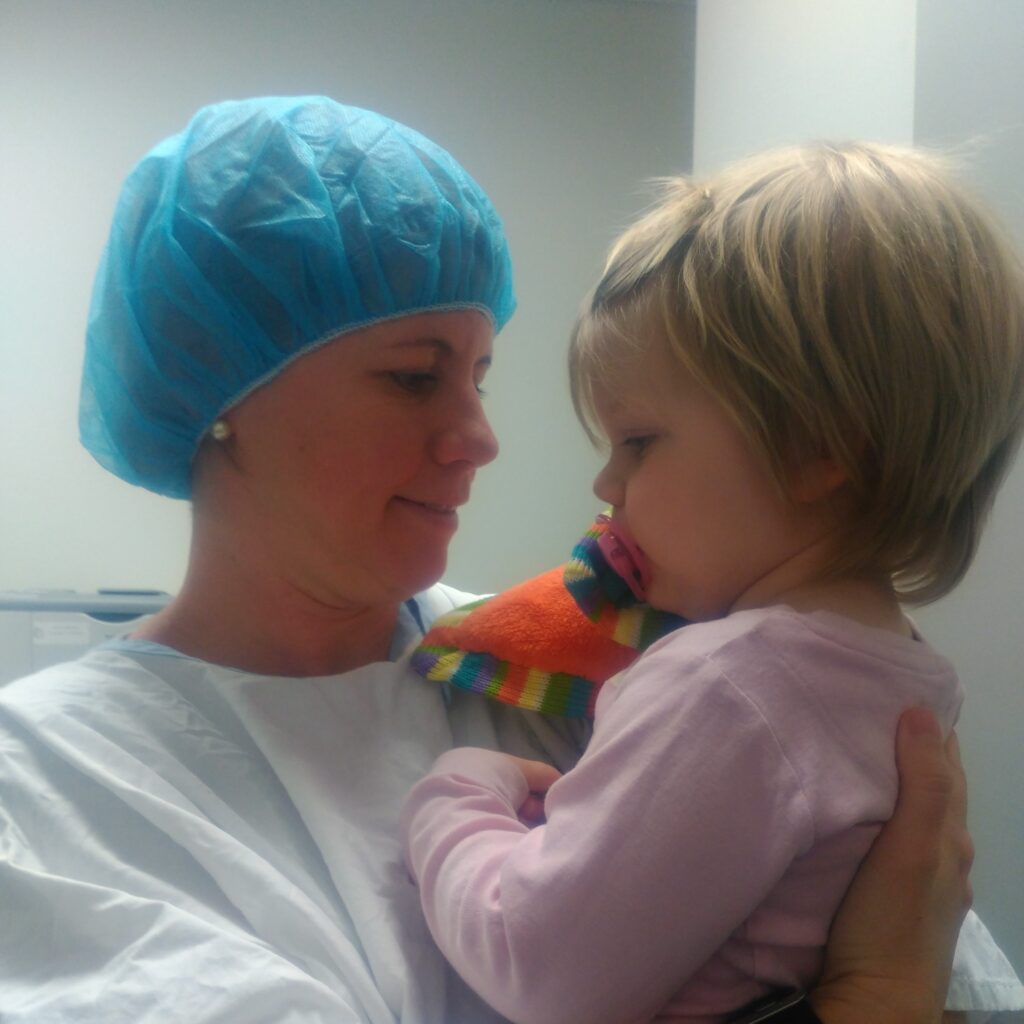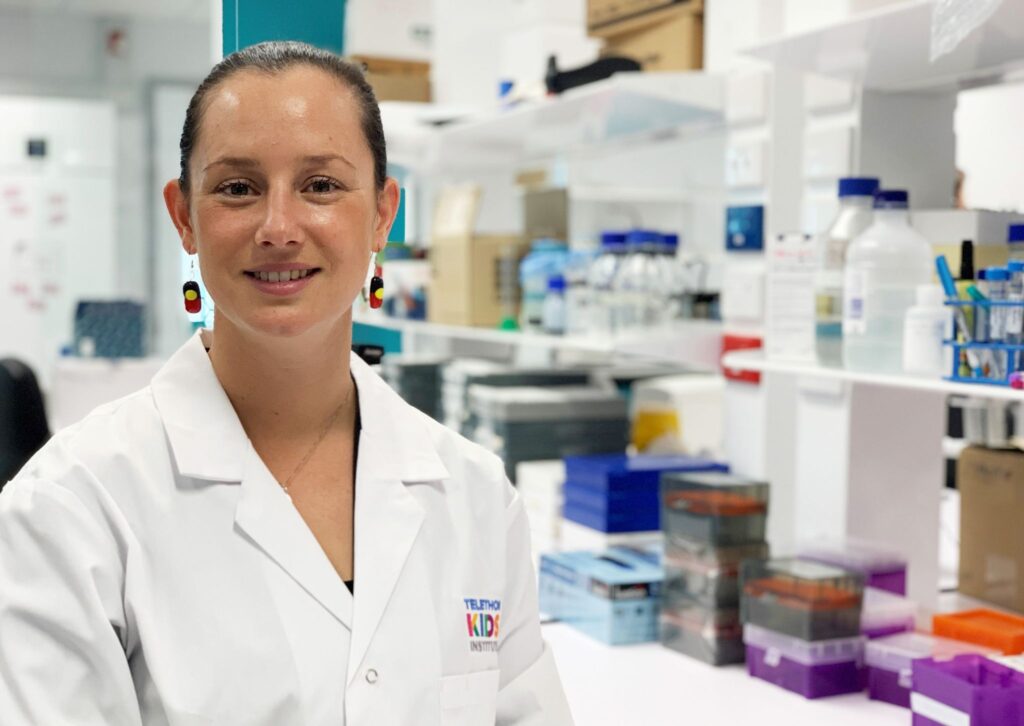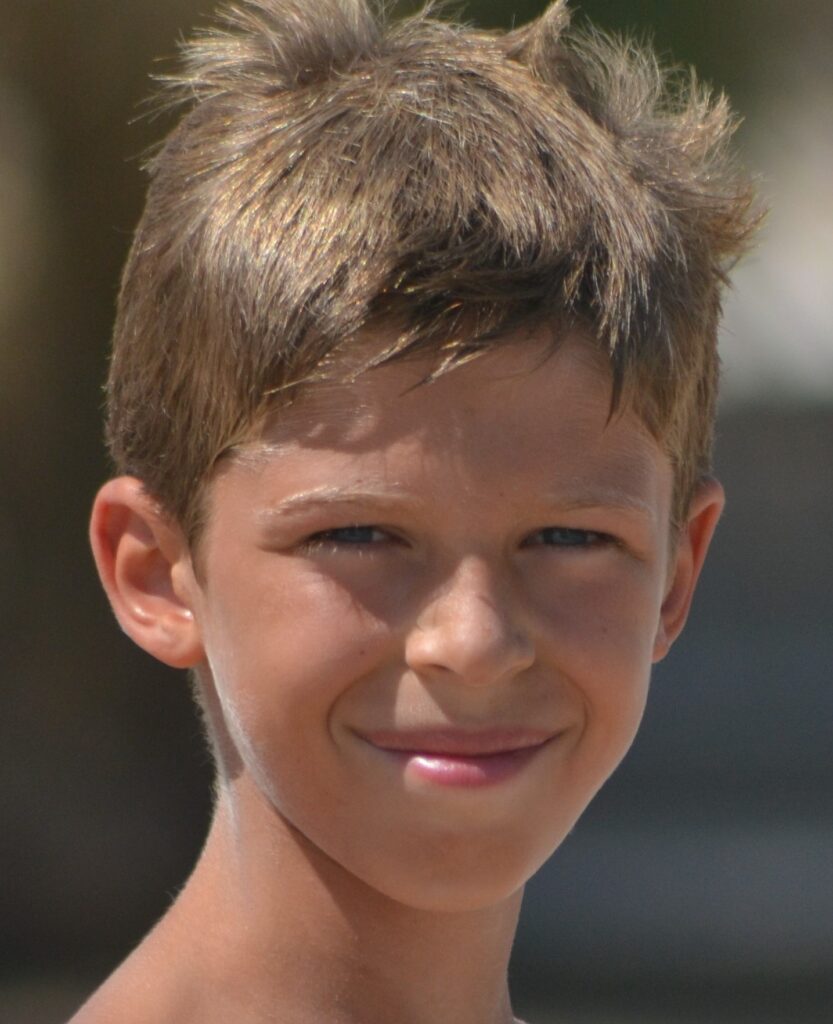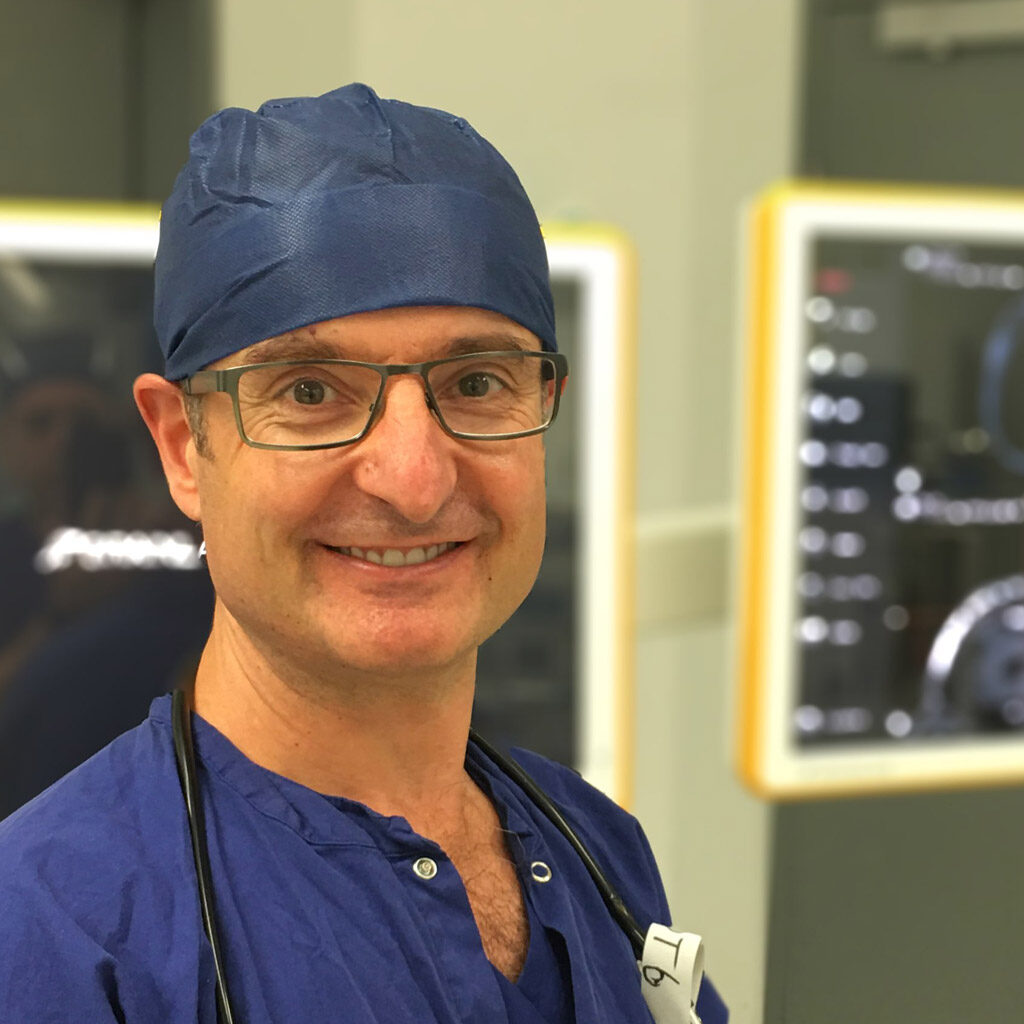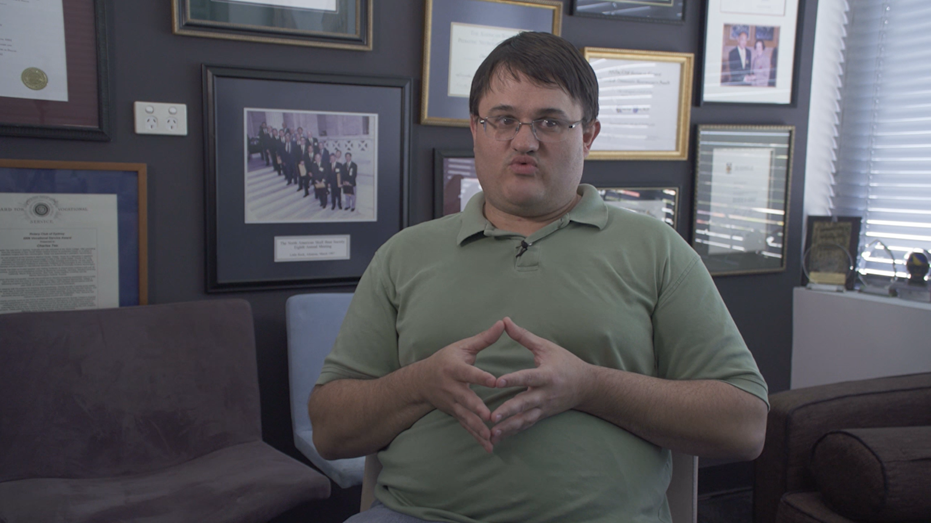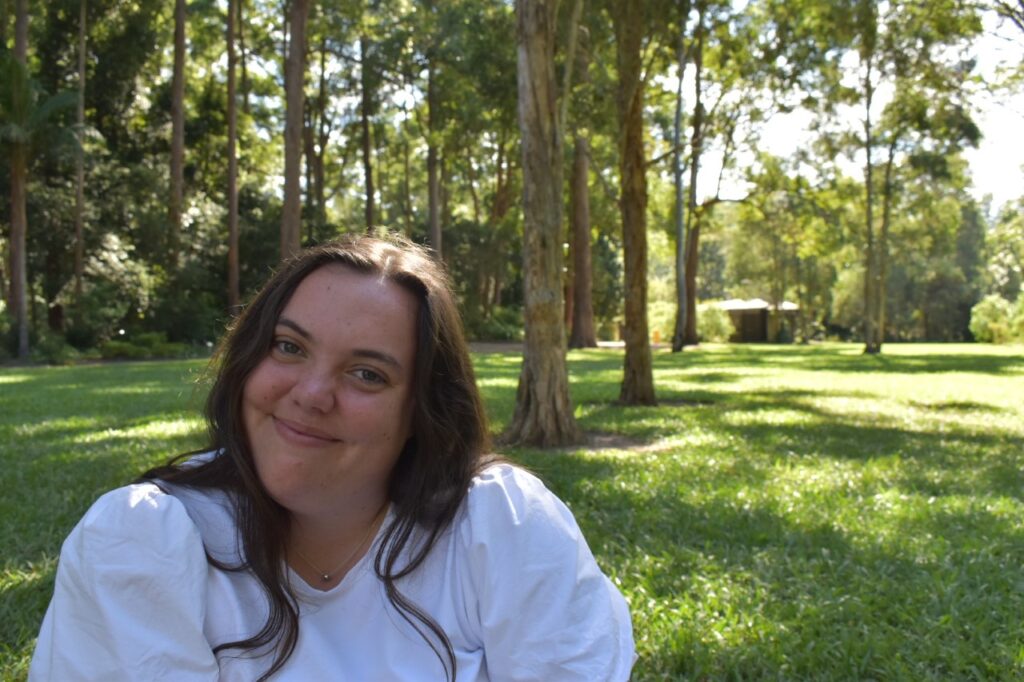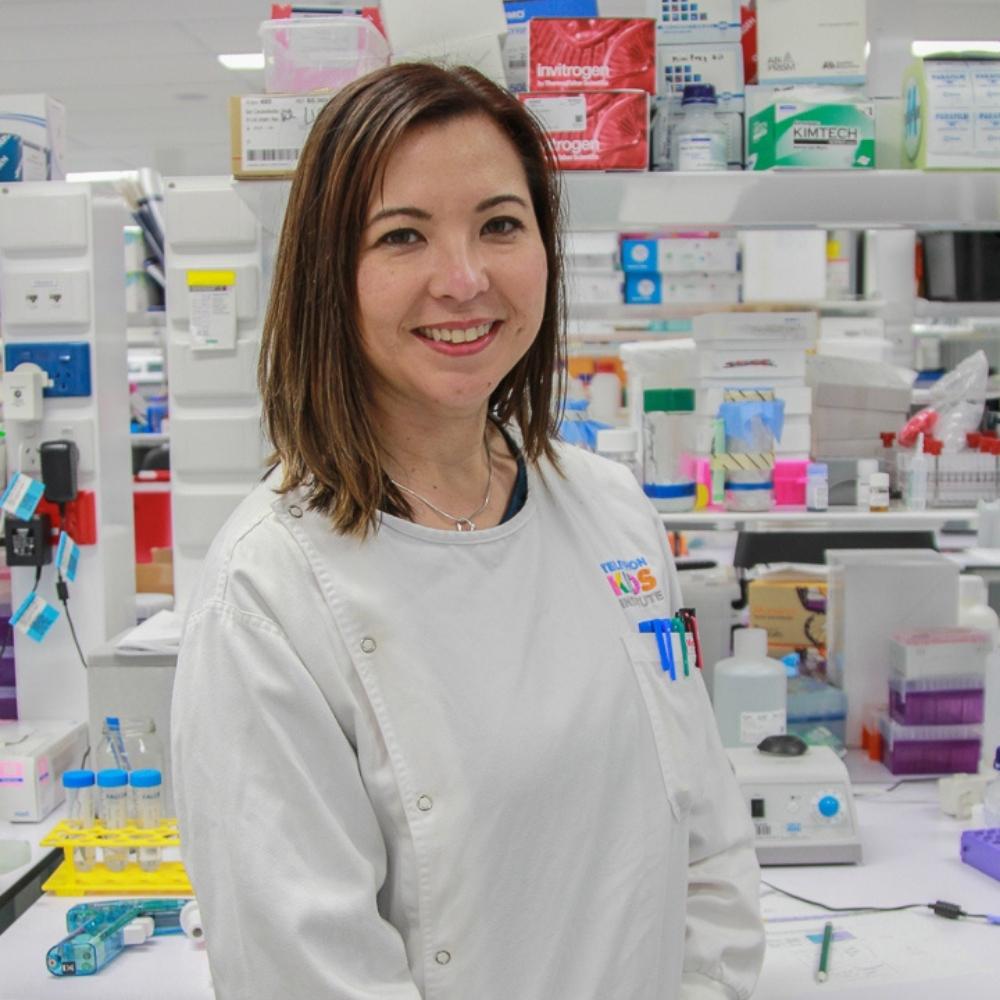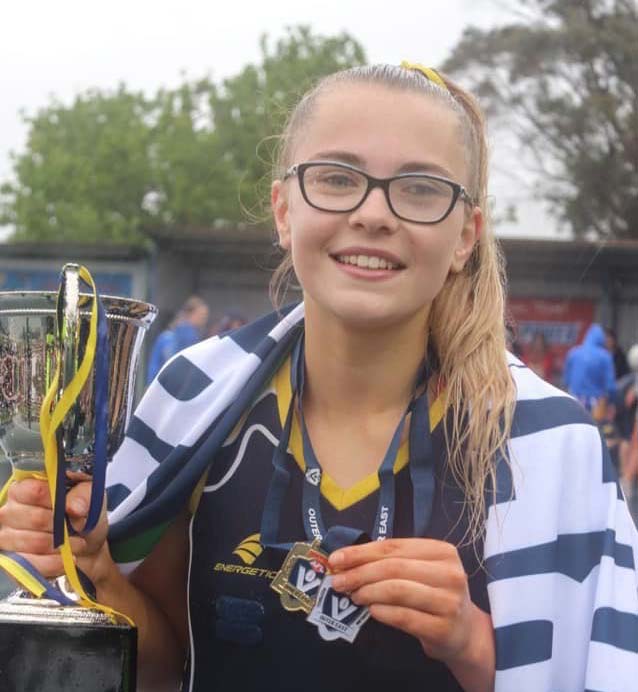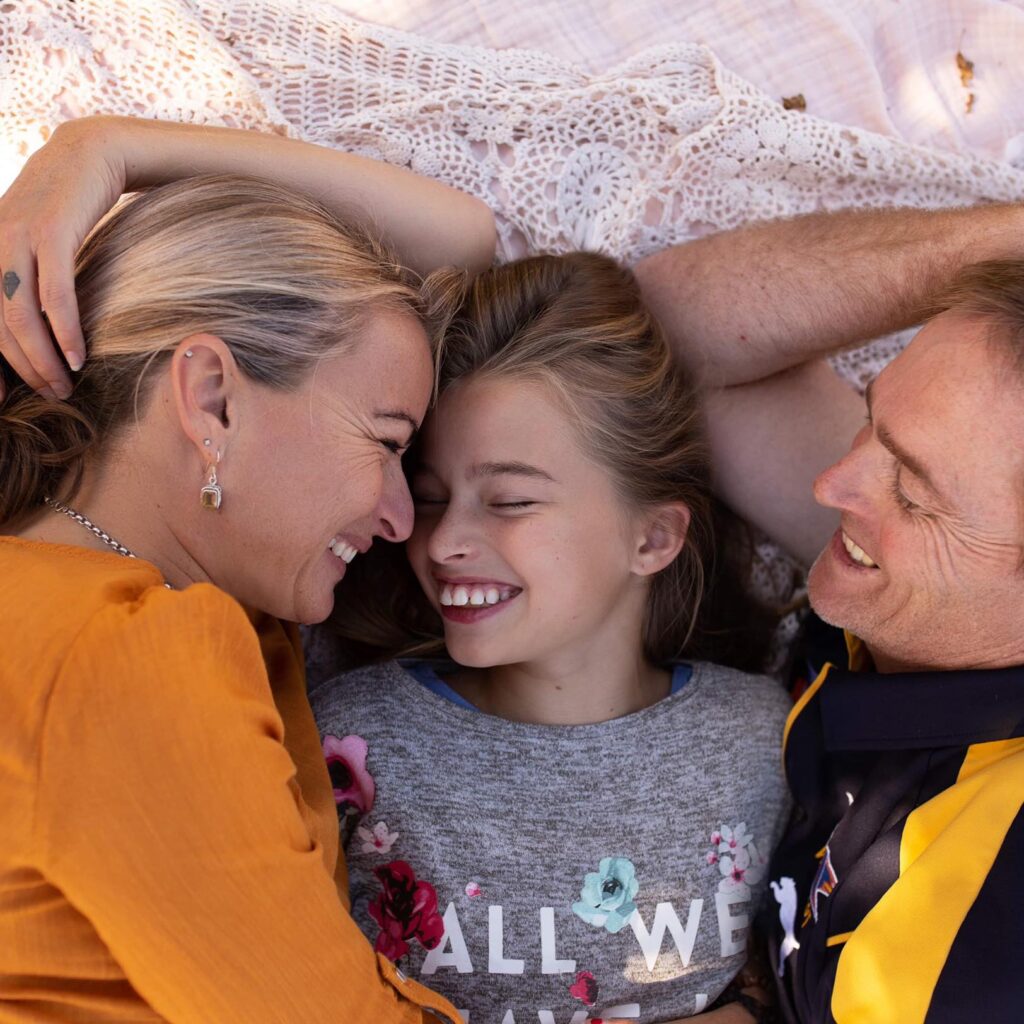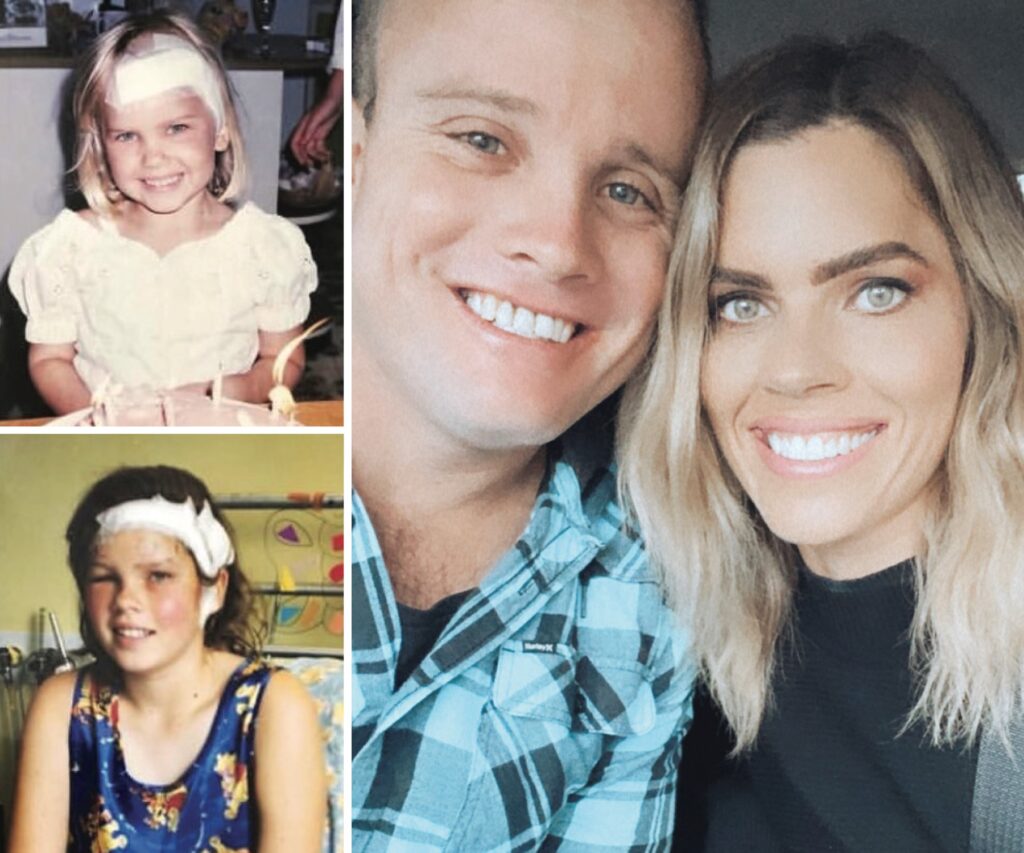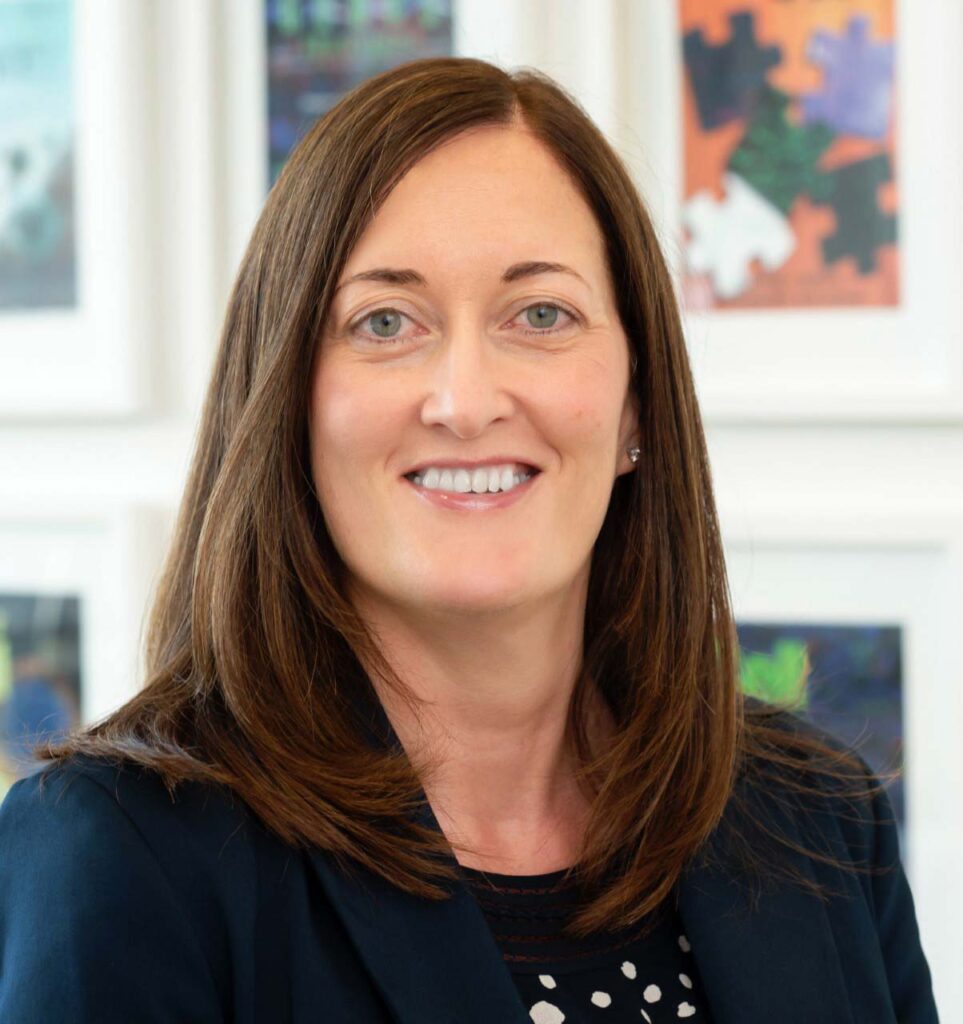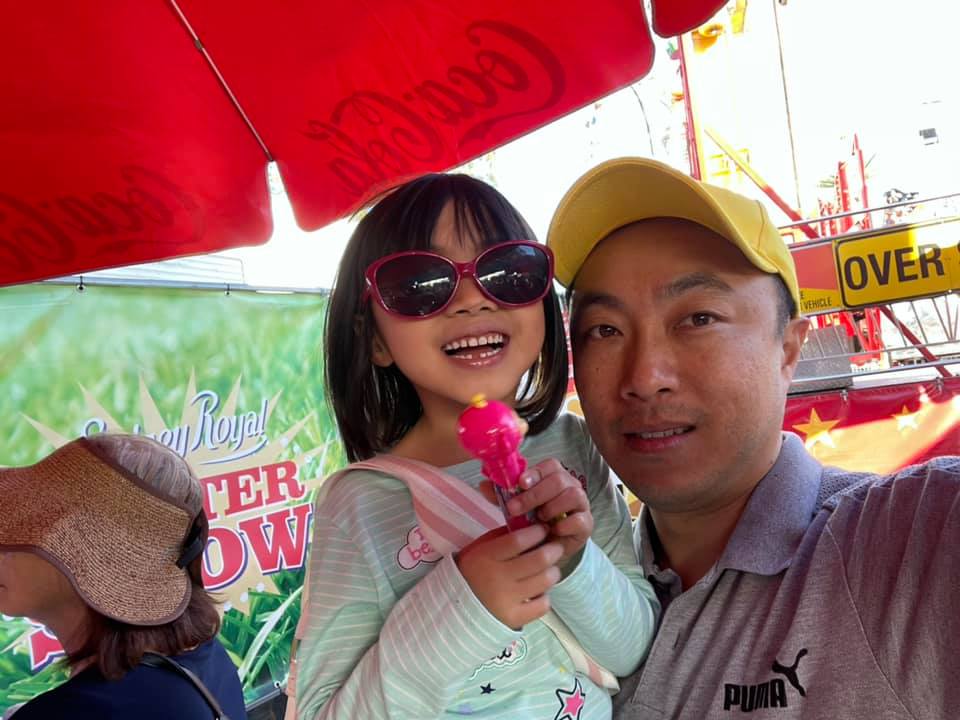“There is a consensus amongst parents, that parenting is much like being on a roller coaster. You can experience the highest of highs and the lowest of lows. Our children look up to us for protection, advice, love and friendship. We always want to be the best role models for our children.
As a father I have an instinct to protect my family. There’s nothing I wouldn’t do for them. A father’s love is unbreakable.
Alegra is my first born. The girl who made me a dad. Much like the meaning of her name she brought endless joy to our lives. Not a day goes by that I don’t think of her or talk to her. She should have been turning ten this year and continuing her life with her siblings and friends.
You see Alegra lost her battle with brain cancer on the 7th of October 2017, at just six years of age, only ten months from diagnosis.
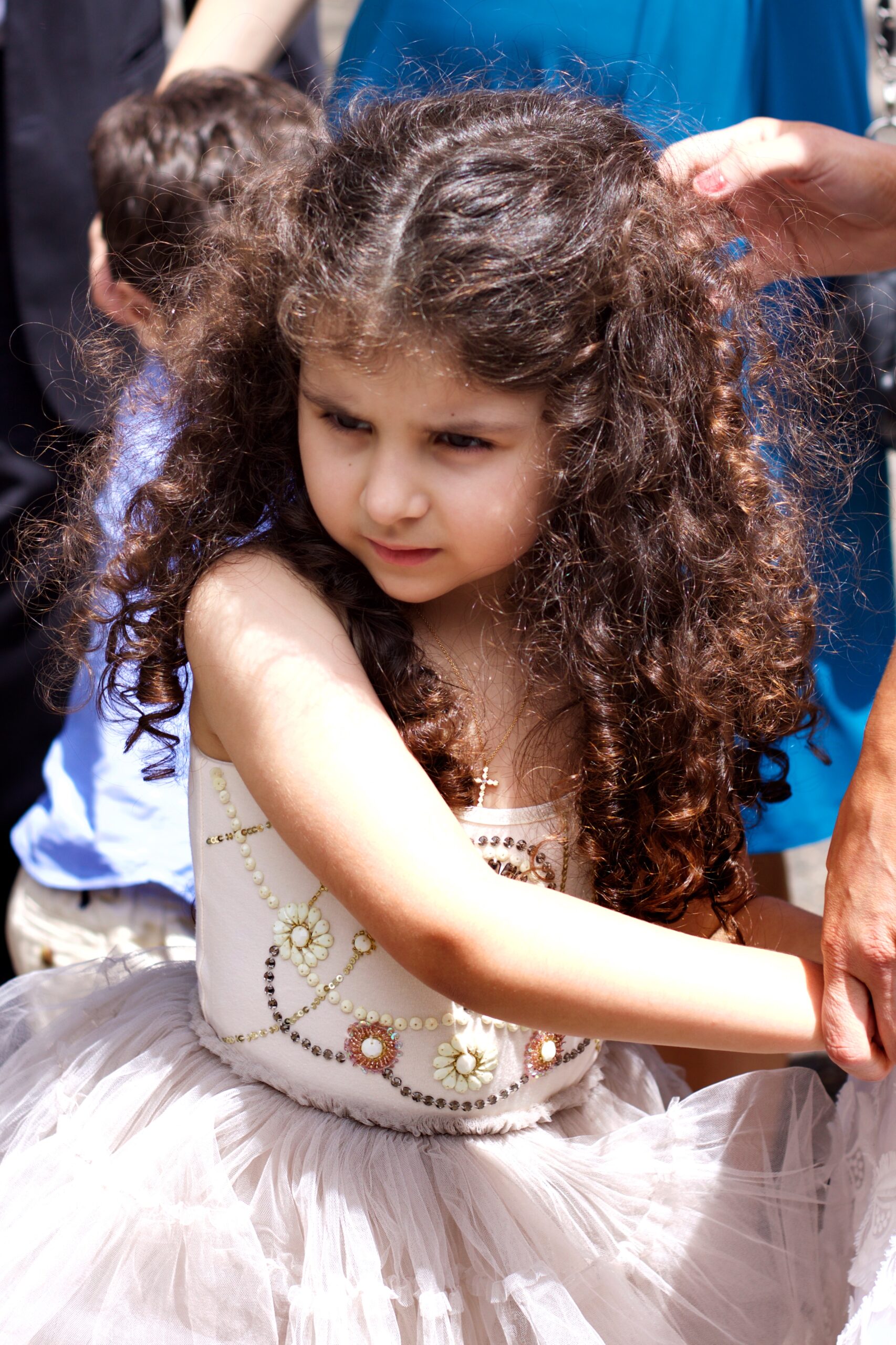
When your child is dealt a hand that has one unthinkable outcome, your world is instantly crushed. You are told there’s no cure and not much time left. It’s like a ticking time bomb ready to go off at any minute, regardless of your child’s progress throughout their journey. You are helpless, broken and always questioning your role as a husband and father.
Your mind turns on you. You doubt yourself. You doubt your ability to be a provider and the man your family turns to for help. And that’s when you look at your child. She smiles at you and holds your hand, she epitomises the true meaning of a hero, everything I wanted to be for her. She shows her strength and doesn’t let her illness define her.
Our whole world changed when Alegra was diagnosed, and since then we don’t remember life without worry. How am I supposed to convince my child to lay still, alone on a flat table with a mask placed over her face holding her locked into position for Radiotherapy treatment? Not only once, but thirty times! How can I convince her it is ok when I can’t even convince myself?
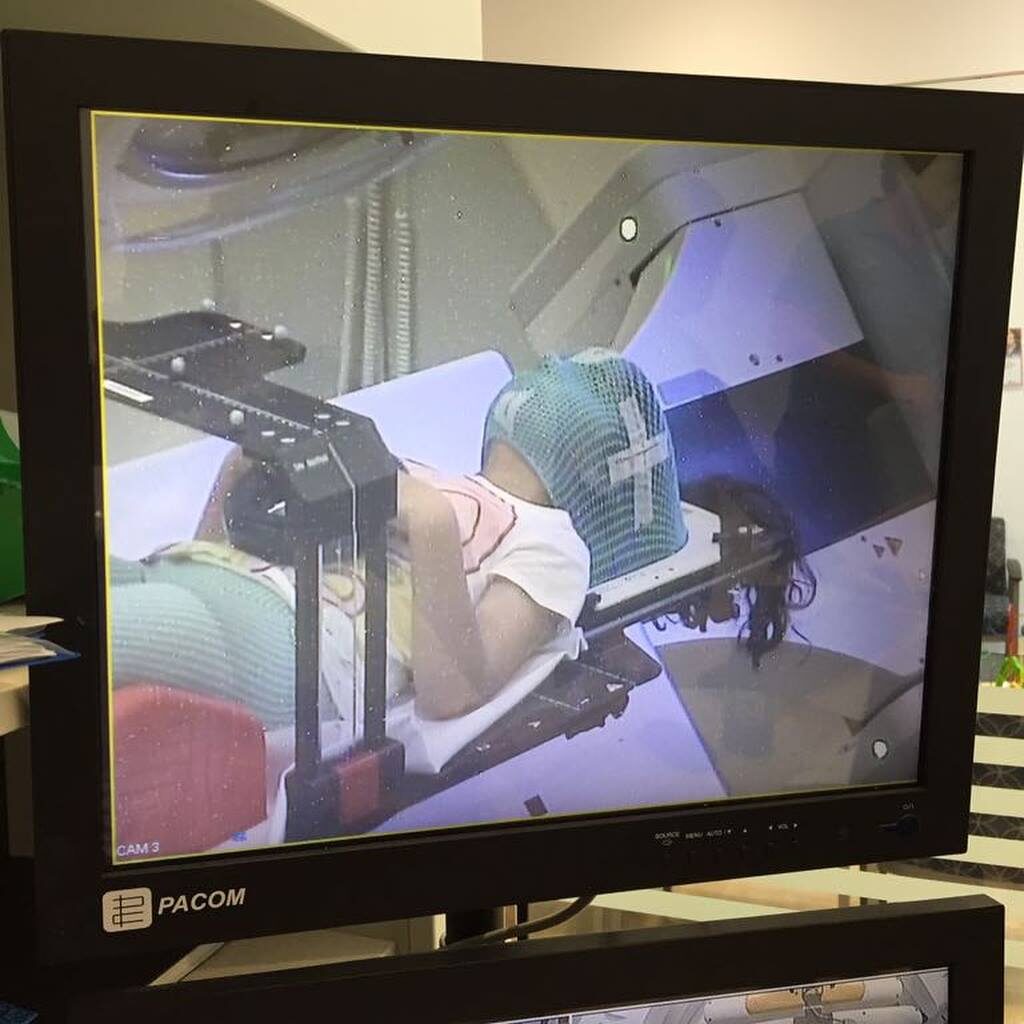
I don’t know what she thought of in that room, but she did it. She had so much courage. Courage I lacked as I waited outside for her, listening to her mum read her a story over the PA system.
Regardless of the treatment and the wins post-surgery, it wasn’t enough to keep her tumour at bay. We were given days; the doctors were advising us to stay in hospital, but we chose to go home. Alegra gave us seven incredible weeks filled with many drawings, stories and love. Memories her siblings cherish. She turned six.
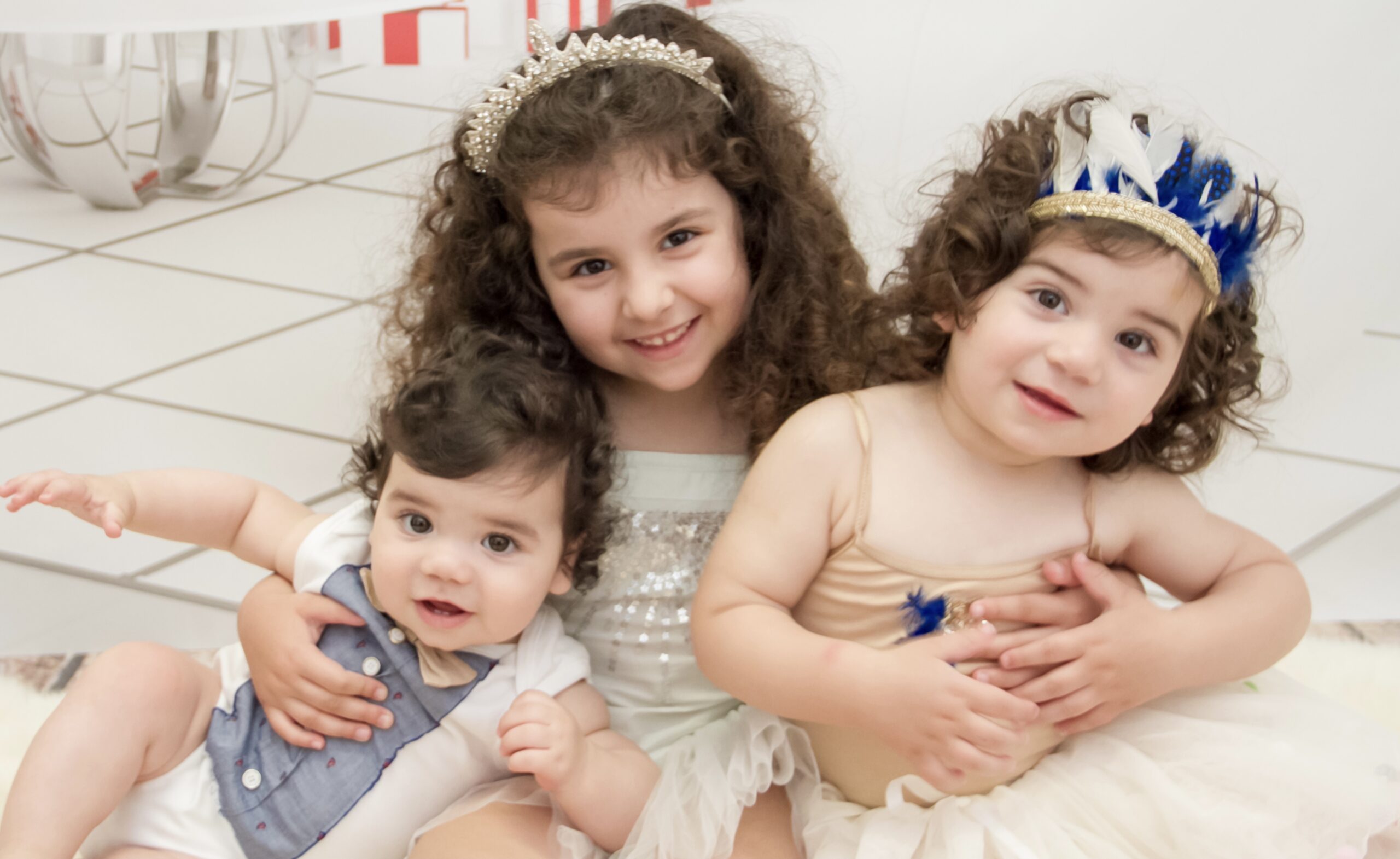
We never spoke about what was happening. One of our final days together I heard my wife tell her she was sorry and that she would be better soon, to which Alegra replied, “it doesn’t matter”. Alegra said it was September and then it would be Halloween so if she could be better by November for my birthday that would be fine. How can such a young child be so selfless? The disease at this stage had taken away her ability to walk, to even sit up straight and raise her hand. A hand that never stopped drawing, drawing for others mostly. The number of drawings she would give away. Today they hang in many people’s homes.
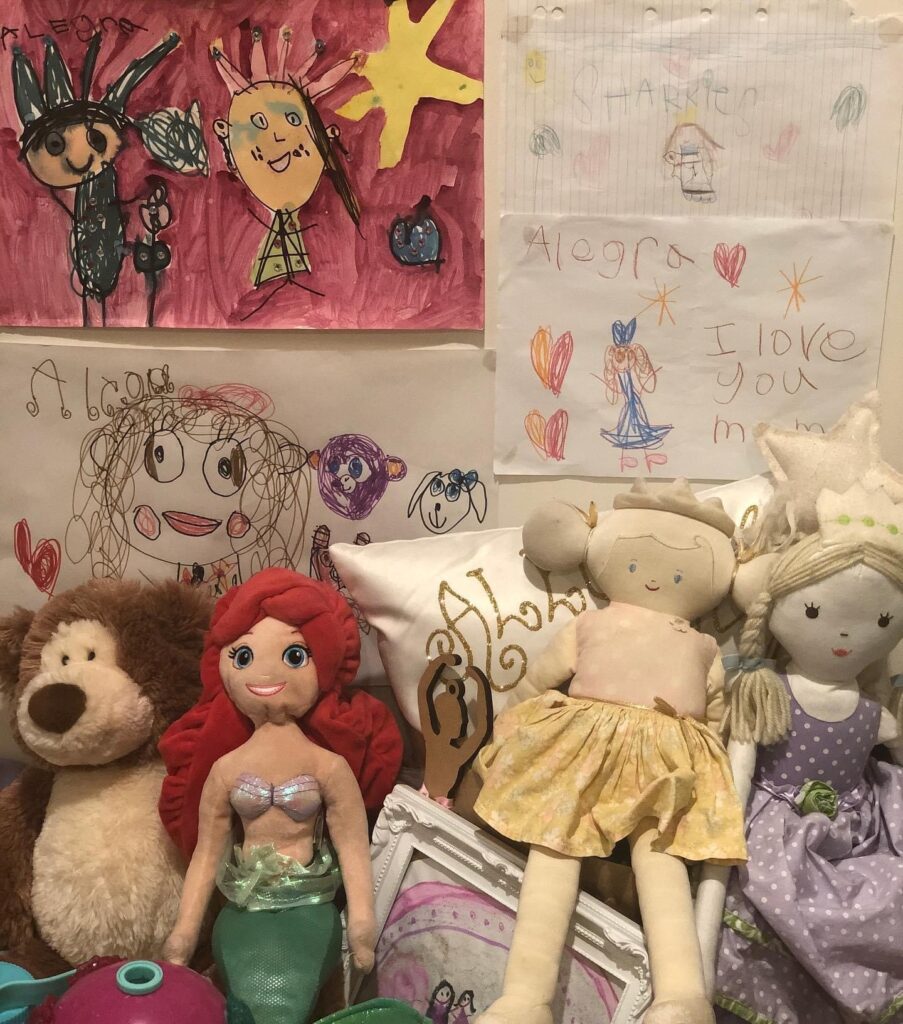
I used to be the one reading stories like these, saddened by what I heard and heartbroken for those who lost their lives too soon. I never could have imagined the pain felt by being one of those families or stories. When that day came, and we lost Alegra, we knew she wasn’t in pain anymore. But nothing could prepare us for the pain left behind. I could honestly feel a piece of me missing. Everything felt different. My heart simply beats differently now.
The days and weeks after are when your mind starts to break you down. You think you’re ok, but you fall into a dark place. Sleepless nights catch up. Not eating catches up. Lots more drinking and empty bottles fill the recycling bin each week. You find yourself down a destructive path without realising.
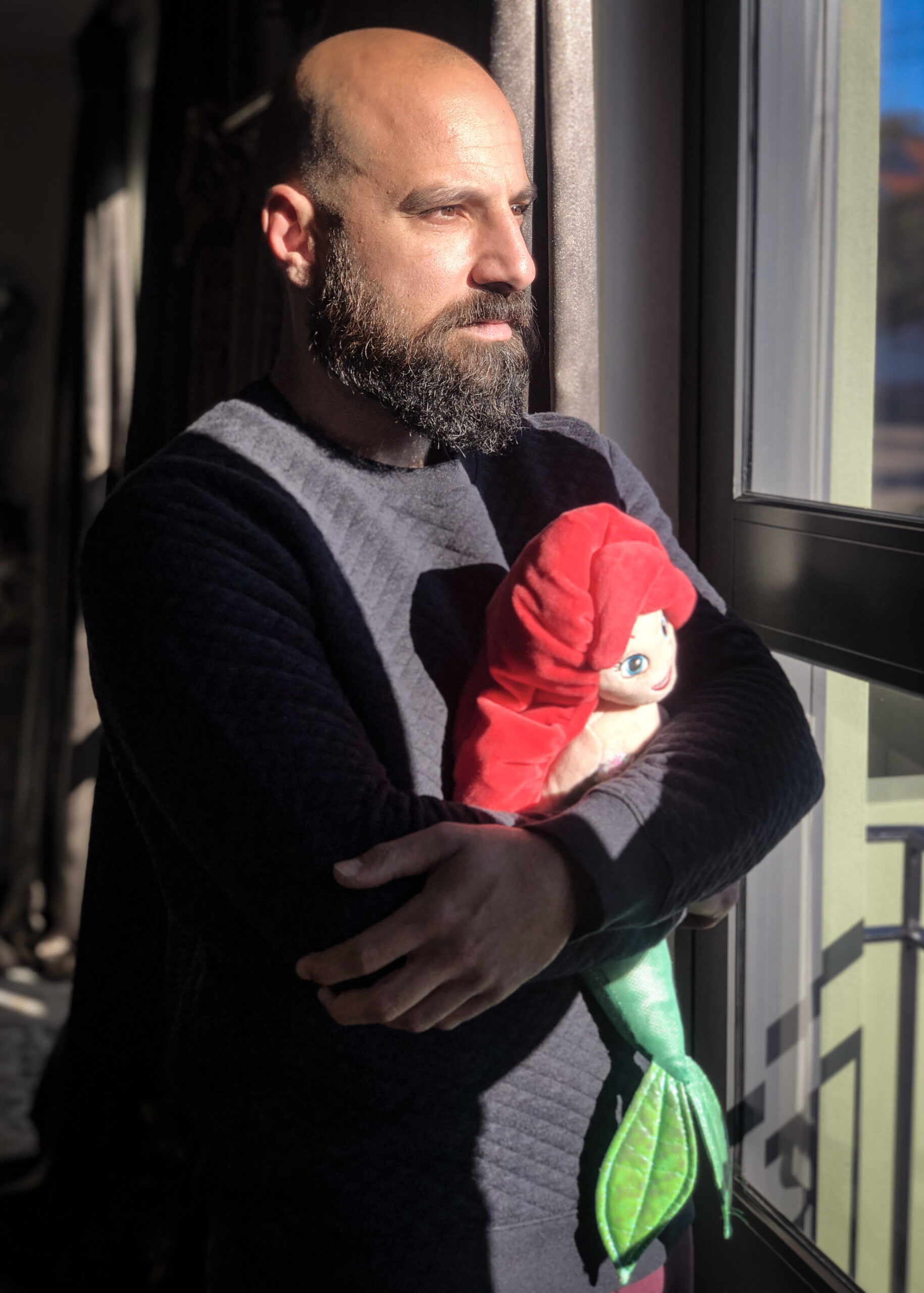
This is your turning point to either sink or swim. Thank God for our younger children Emmanuela and Strato. Without them I am certain I wouldn’t be here. They were the only reason I was able to get back on a normal path. They needed me for support and to try keep normality in the house. What is normal anymore? We don’t even know.

Going through depression and anxiety is something only the beholder can explain. You can seem to be functioning and surviving on the outside but totally exhausted, broken and gone on the inside.
It has been almost four years and I still find myself struggling to hold my head up. Life in many ways had become a blur. Weeks seem to roll into months and then years. You can’t understand it unless you’re living it. The truth is we don’t want to feel better, to have time make things easier or long for Alegra any less.
One of the many difficult things to wrap our heads around through all of this is being told “there’s no further treatment”. Not here and not abroad, and we were willing and able to go anywhere. Turns out it isn’t as simple as paying to be put on a clinical trial or any sort of treatment course. Many factors regarding your type of tumour come into play before you are even considered. I remember us telling those we loved and the disbelief in what we were saying and what they were hearing was evident to us all.
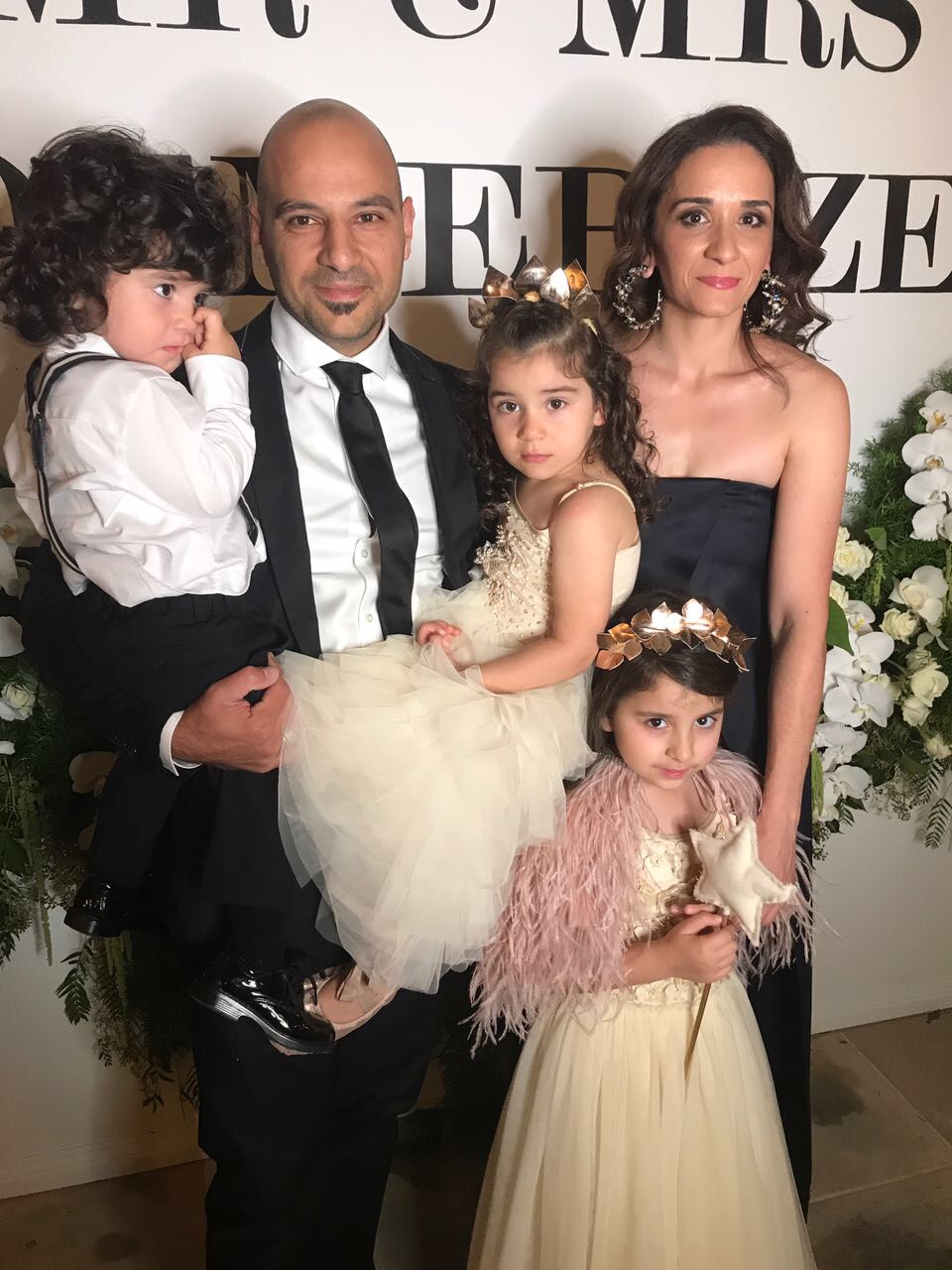
It seems so impossible that in a world filled with such wonderful things and so many possibilities that there isn’t a way to try to treat this disease. I don’t know why things happen and the sad truth is tomorrow it will be another family.
To be honest I pity the world who doesn’t get to know Alegra.
Alegra and all children deserve to be able to fight. To fight for the life they were given. There needs to be better treatments and a cure for this disease that hurts too many of our little friends and their families.
It was not our choice to survive without you, so we choose to live and to honour you.”
